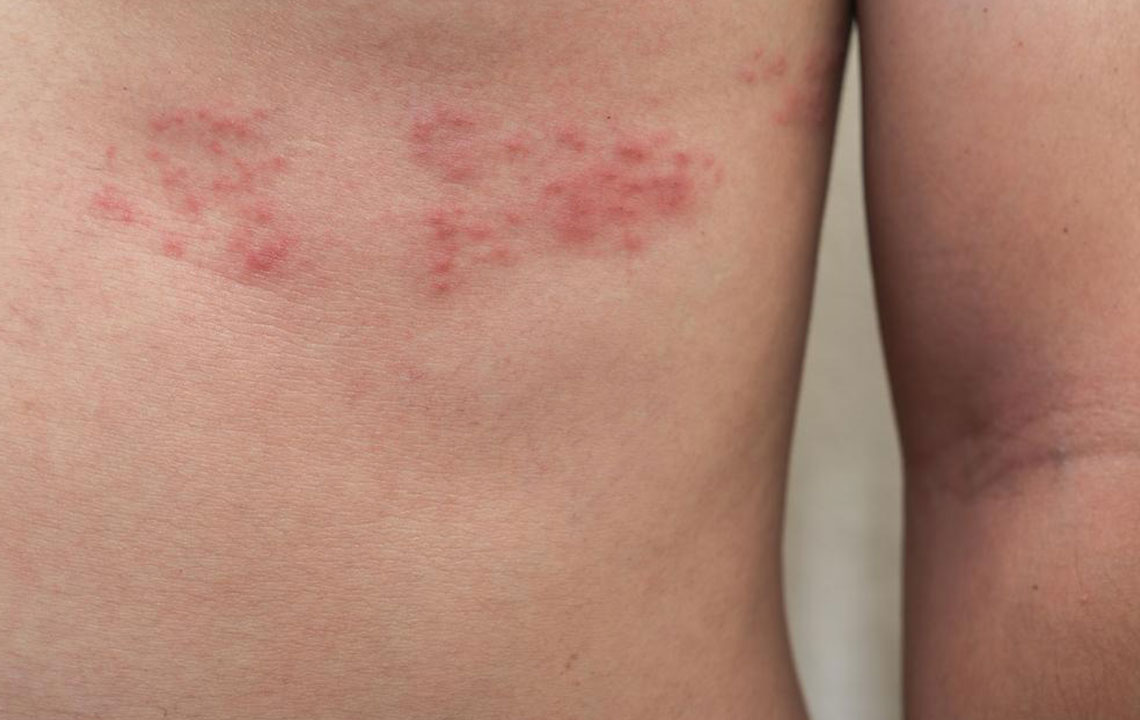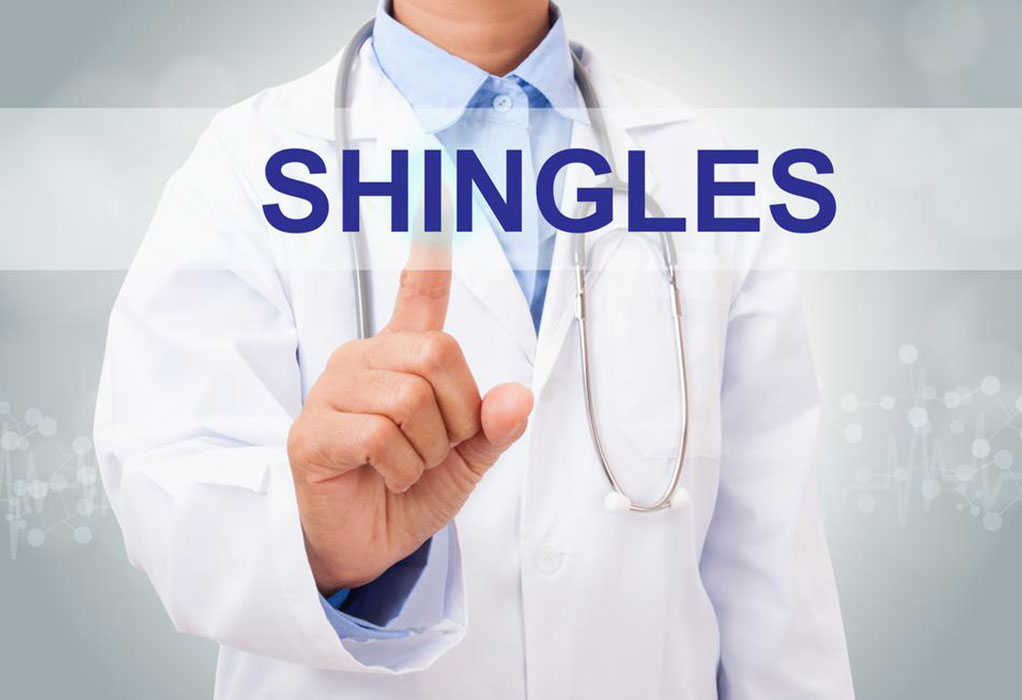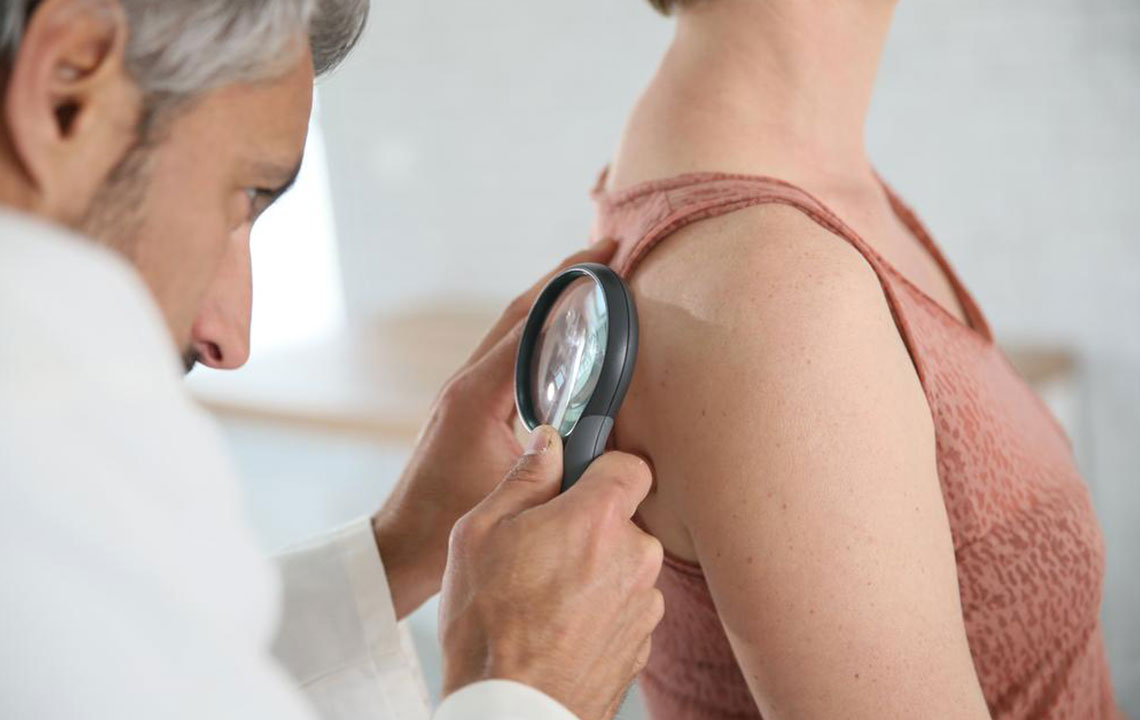Essential Guide to Topical Treatments for Shingles Relief
Learn about effective topical treatments for shingles relief, including Zovirax and capsaicin ointments. This guide covers usage, potential side effects, and when to consult your doctor. Proper management can ease discomfort and speed recovery from shingles. Always seek professional medical advice before beginning any treatment regime.

Essential Guide to Topical Treatments for Shingles Relief
Shingles presents as a painful skin rash, commonly following a chickenpox infection. It is caused by the reactivation of the varicella-zoster virus, which stays dormant in nerve roots after chickenpox has healed. The rash often appears in a band or localized area on one side of the body or face. Recognizing symptoms early and applying appropriate treatments can help manage discomfort and prevent complications.
If you're experiencing shingles, understanding available topical options is vital for relief. Here's important information on effective ointments for managing shingles symptoms.
Causes and Triggers of Shingles
Post-chickenpox, the virus remains inactive in the nervous system. Factors like stress, aging, or immune suppression can reactivate the virus, leading to shingles. The rash develops as blisters that may fill with fluid, crust over, and cause significant pain. Prompt treatment is key to easing symptoms and reducing risks.
Here are two prominent ointments that can help soothe shingles-related skin discomfort:
Zovirax Cream
Overview
This prescription antiviral cream is effective against various viruses, including herpes and shingles. It reduces pain and promotes healing when applied to affected areas. It contains the active ingredient acyclovir, which inhibits viral replication.
Ingredients
Each gram includes 50mg of acyclovir in a polyethylene glycol base.
Potential Side Effects
Reactions may include difficulty breathing, skin rashes, swelling, dryness, burning sensations, or eye irritation. Consult your doctor if any adverse effects occur.
Usage Instructions
Apply the cream five times daily for four days, using gloves or a cotton swab. Ensure the rash remains clean and dry, avoiding moist environments.
Capsaicin Topical Ointment
Overview
Derived from hot peppers, capsaicin provides topical pain relief by modulating nerve pain signals. It’s used for shingles, post-surgical pain, neuralgia, and other skin ailments. The mechanism involves initially stimulating and then desensitizing pain receptors.
Ingredients
Extracted from various hot peppers, utilized at different concentrations based on pain severity.
Possible Side Effects
Side effects may include skin redness, burning, soreness, dry patches, cough, breathing difficulties, chest tightness, vision issues, nausea, or muscle aches. Consult your healthcare provider before use.
Application Guidelines
Apply a thin layer on the affected skin using a glove or cotton swab. Avoid heavy activity immediately after application and use at least three times daily for four weeks for optimal results. Follow your doctor’s advice for proper use.
Important Reminder: Always consult your healthcare professional before starting any new treatment. Proper application and adherence to medical guidance are essential for effective shingles management.










